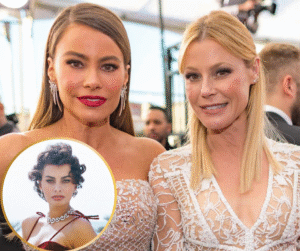Karoline Leavitt Wins Landmark Defamation Case Against The View, Prompting Industry-Wide Reassessment of Media Standards
In a legal decision already being described as one of the most consequential in modern media history, political figure Karoline Leavitt has secured an $800 million defamation ruling against ABC’s The View. The case, centered around claims of intentional character attacks during a televised interview, is reshaping conversations about media ethics, editorial responsibility, and the evolving role of public discourse in political life.

The dispute began following Leavitt’s appearance on The View, where tensions during the interview quickly escalated into what her legal team described as a coordinated attempt to undermine her reputation. While contentious political discussions are not uncommon on television, what set this case apart were internal communications—later presented in court—that indicated certain segments may have been pre-planned to provoke and discredit the guest.
Emails, chat logs, and pre-interview briefings revealed by Leavitt’s attorneys suggested that show producers had encouraged hosts to frame the conversation in a confrontational tone. The jury ultimately found that this crossed a legal line, awarding damages on the basis that the broadcast constituted defamation with intent to harm.
Following the verdict, reports of internal unrest at ABC emerged, with sources describing a climate of uncertainty and concern among network leadership. Several advertisers have temporarily suspended partnerships with The View, while internal policy reviews are reportedly underway.
Legal and media experts have noted the ruling’s broader implications. For some, it marks a pivotal shift in how media outlets engage with political guests, particularly in an era where digital clips and viral moments drive content strategy. Scholars argue that the case may serve as a benchmark for future defamation litigation, prompting both caution and introspection across the industry.

Leavitt, in a post-trial statement, emphasized that the lawsuit was not aimed at silencing journalism, but at reinforcing standards of fairness and accountability. Her stance has garnered support across various political circles, and some observers believe the outcome could significantly elevate her national profile.
The ramifications of this ruling are expected to extend far beyond ABC, with other media companies already reassessing their editorial protocols and interview practices. As public trust in media continues to evolve, the case of Leavitt v. The View may well serve as a defining moment in how that trust is preserved—or lost.






